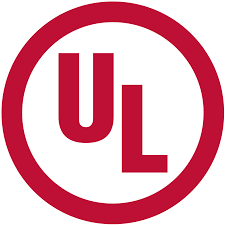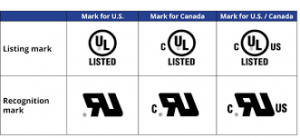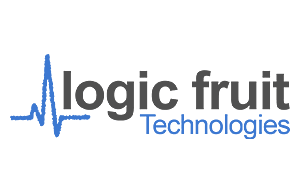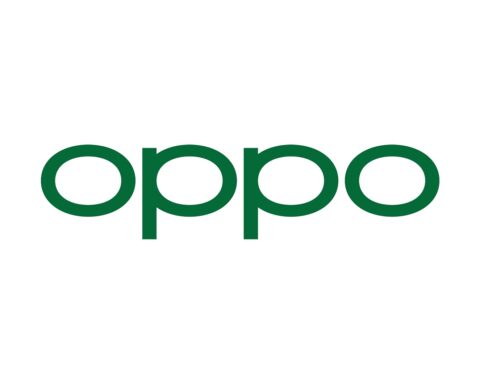Certified products in the business brings numerous advantages. The certification ensures safety, reliability of the products and brand loyalty essential for bringing success in the long run. Standardization also guarantees efficiency.
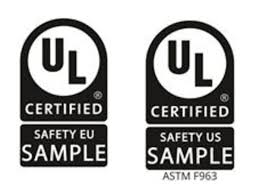 UL stands for Underwriter Laboratories. It is a third-party certification company established in 1894. They provide certification to products with the aim of making the world a better place. They not only do testing but also set up industry standards which are to be followed when innovating new products. They continuously check the products to ensure they follow the standards.
UL stands for Underwriter Laboratories. It is a third-party certification company established in 1894. They provide certification to products with the aim of making the world a better place. They not only do testing but also set up industry standards which are to be followed when innovating new products. They continuously check the products to ensure they follow the standards.
UL classifications
UL Product Certification is classified into UL Listed and UL Recognized. UL Recognition is mainly for components while Sub Assembly, UL Listed is for complete product.
Few tests conducted by UL for product Certification specific to the AV | Telecom Racks | PDU & IT Industry are given below:-
At Power Distribution Unit level
- Protective Bonding Test
- Dielectric test
- Grounding (earthing Continuity) test
- Impact test
- Drop test
- Stress Relief
- Humidity test
- Working Voltage measurement test
- Heating Test
- Touch Current test
- Electric Strength
- Abnormal Operation
- Overload test
At Rack level
- Limited short circuit test for grounding continuity
- Load test with rack tilted to 10֯ Inclination for different mounting options (Casters, levelers, Plinth)
- Horizontal Push force at 250 Newtons with Full Load
- Rack rotated in circular pattern 360֯ with Full load on castors
UL misconceptions
It is important for the end customer to understand that UL certification is given for specific Model or Series of products and not for the Company, like ISO certifications. It works on tests for specific Criteria given by Customers such as Load Capacity Test, Ingress Protection Rating which is nowhere connected with UL Product Certification. Sometimes due to sales pressure, OEM uses this specific Test Certificate and claims it as a product certification.


